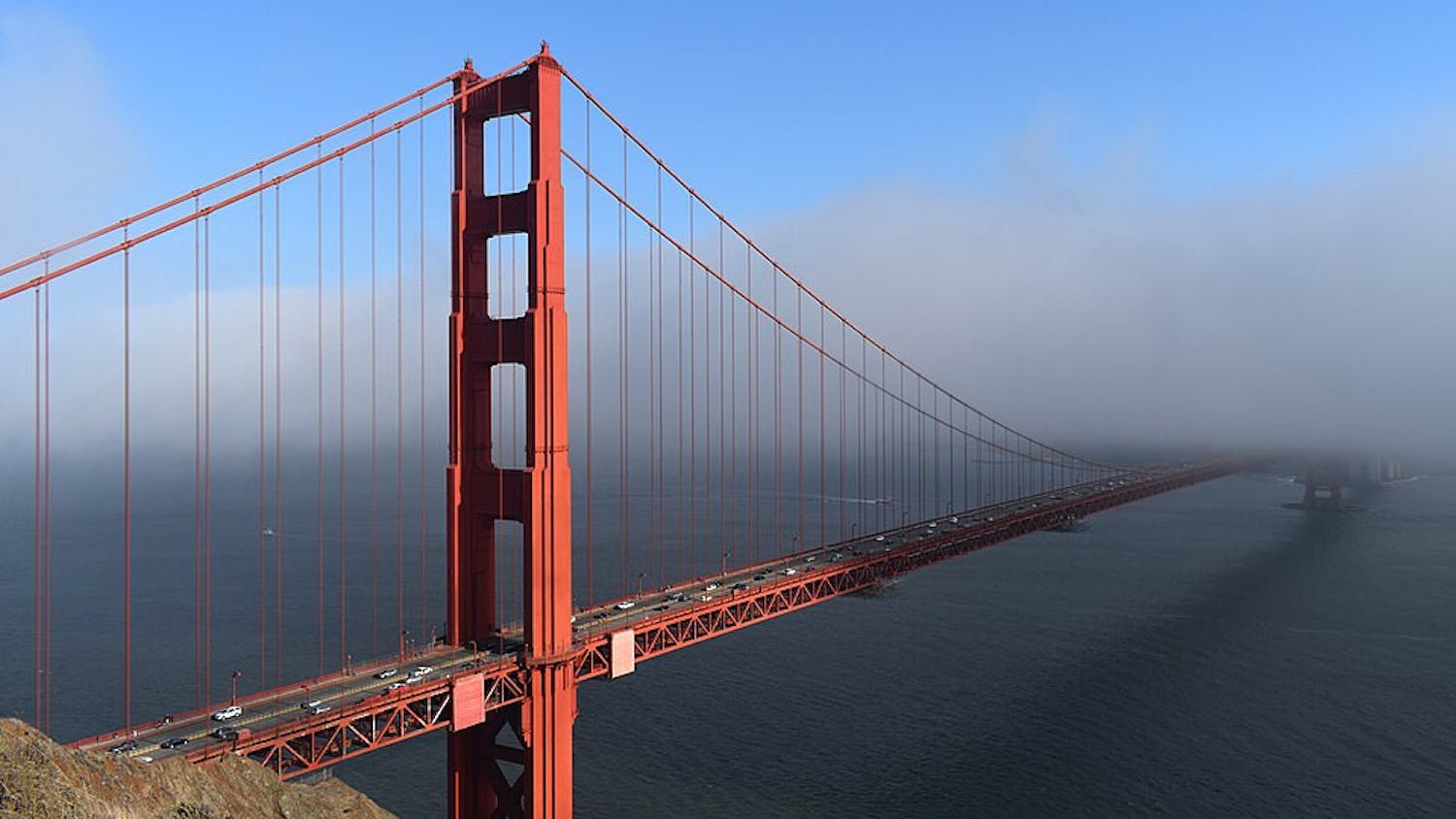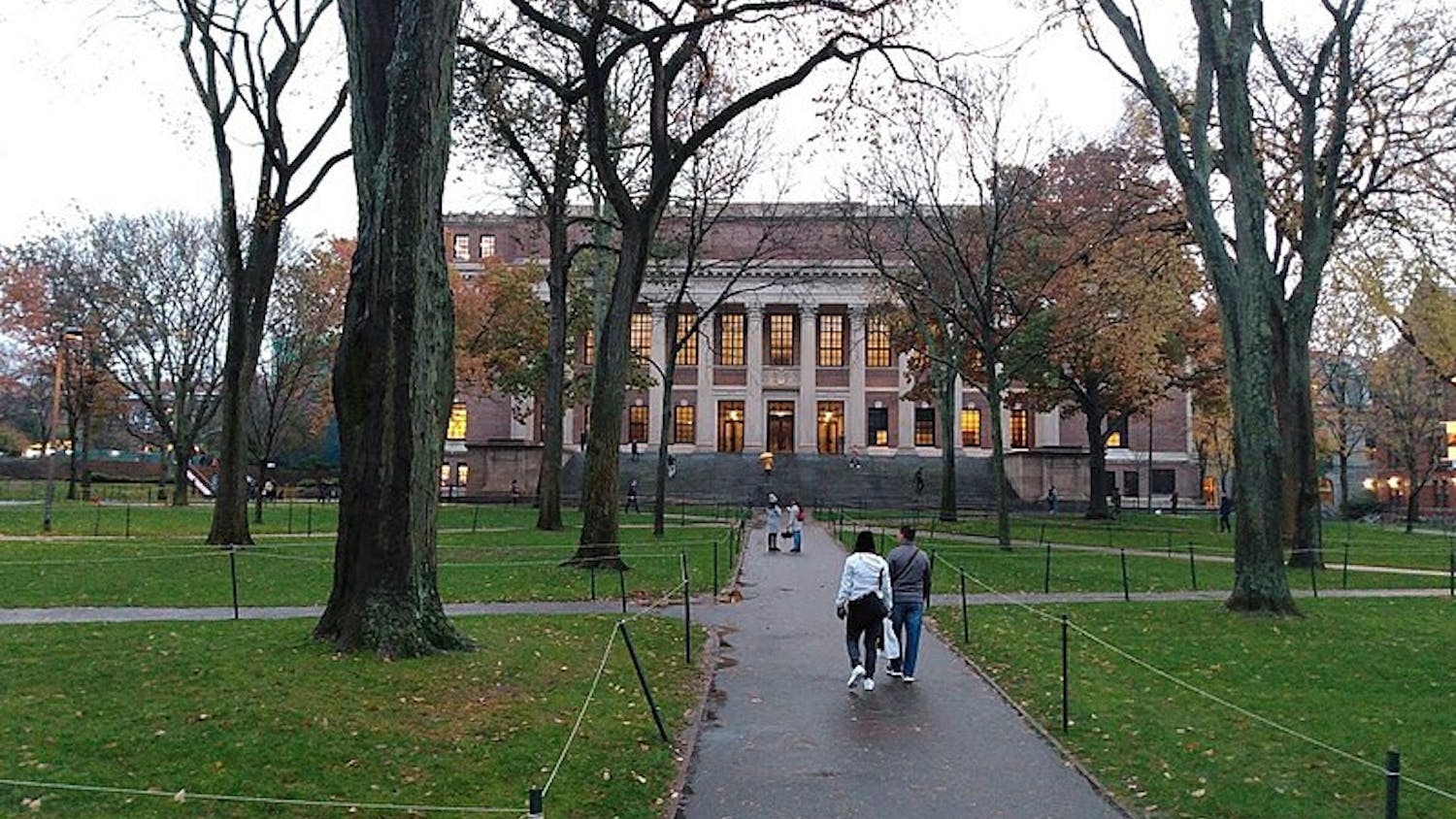By Matthew Kaufman
Staff Writer
Gas prices have skyrocketed following Russia’s invasion of Ukraine, with the average price in New Jersey being $4.15 a gallon as of April 3. While prices have decreased slightly over the past few weeks, the N.J Division of Consumer Affairs has received 92 complaints of price gouging at gas stations in the last month, according to NJ.com. The agency said that amount of complaints is more than it has received in the past two years combined, with 39 in 2021 and 15 in 2020.
According to PolitiFact, though, it is not accurate to solely blame price gouging for high gas prices or slower decreases in prices.
David Gladden, a spokesman for AAA, told the fact-checking site that there are many factors that contribute to increases or decreases in the price of gas. Even though the price for a barrel of oil has dropped below $100, it can take a while for gas prices to catch up, as stations may have contracts with dealers to lock in a price for weeks or months. Additionally, gas prices usually rise entering the spring and summer because more people are driving.
Robert Sinclair, another AAA spokesman who studies gas prices, told NJ.com that some gas stations engage in what is called “zone pricing,” which occurs when stations near busy highways charge more than the state average.
“It occurs when the price is 10% to 15% higher than the median price,” said Sinclair. “It’s gouging. People have a hard time defining it, even consumer authorities.”
As reported by the Washington Post, there have been price increases across all areas of the economy in the past year, and while corporations blame inflation for the higher costs, some consumers and politicians blame corporate greed and price gouging.
“Everyone is talking about inflation and giant corporations have figured out that’s an opportunity to not only pass along their own costs, but also do some price gouging to pad their profits,” tweeted Sen. Elizabeth Warren (D-Mass.). “We must enforce our antitrust laws & promote competition so consumers don’t get ripped off.”
But, according to the Post, many economists agree that high demand and short supply of products — as we are seeing now — are likely to lead to price increases. Corporations also argue that not raising prices or cutting costs, usually with layoffs, will make it impossible for the company to function.
Regarding gas, it can be difficult to tell, or prove, if a station is price gouging. Consumers can file a report to the N.J. Division of Consumer Affairs by visiting its website or by calling 800-242-5846.







